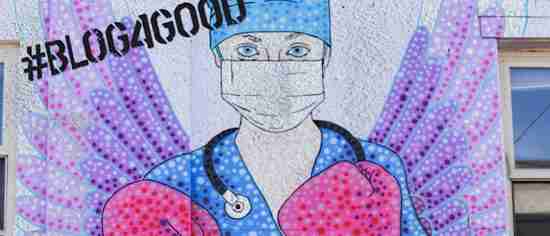
I just reviewed thirty requests to join LinkedIn’s Legal Blogging Group, approving most of them. The ones not approved were from people with no interest in the law or legal blogging.
As with last week, I was struck by the number of people from countries other than the United States, particularly India, who requested to join. Young people studying the law and practicing law made up the majority of the requests.
There’s a large number of young people interested in the law no matter the country. But why so many law students and young legal practitioners outside the United States expressing an interest in blogging as compared to those in the United States? Especially India.
My first thought is that the United States is sorely lacking when it comes to law schools preparing their students for life in the law today.
Sure, there is the core law that students are learning. And sure, students from the top fifteen or twenty law schools are going to get good jobs in large firms by learning the core law, alone. If a large firm is what they want.
But most law schools in the States don’t expose their students to blogging as a way to learn, as a means of legal scholarship that is more meaningful than law review, and as a way to build a name so as to get hired. Let alone as a valuable business development, networking and learning tool of value to hiring law firms.
There are few deans, professors and administrators who blog. Most academics have not experienced blogging, first hand, as a learning and a professional development tool. There are no role models for law students.
Some schools that have started programs on professional development that covered blogging and social media have stopped the programs, sending the teaching professors on their way to other schools.
Other schools have offered a brief program on blogging here and there and then dismissed blogging. Some law school deans have gone so far to express a strong interest in starting such a program, only to dismiss the idea – in many cases as a result of pressure from professors.
The reason for less interest in the States may also be with the law students and recent grads, themselves.
I have not seen a lot of initiative by law students and grads to be different. To put in the effort to learn something new and to put in the effort to do what it takes to set themselves apart.
Maybe some law students and grads from overseas have not been handed what many U.S. law students have been handed over their lifetimes. Maybe they’re willing to fight.
The LinkedIn Legal Blogging Group is just a small sample of law student and law grad interest in blogging. But the numbers over the last few months have been striking.









